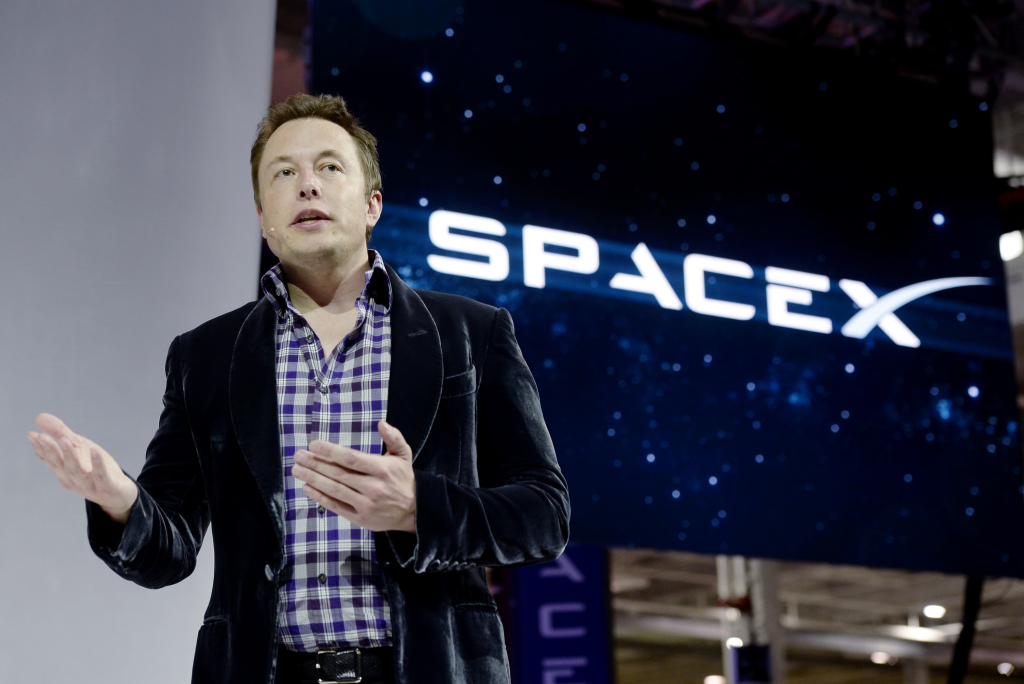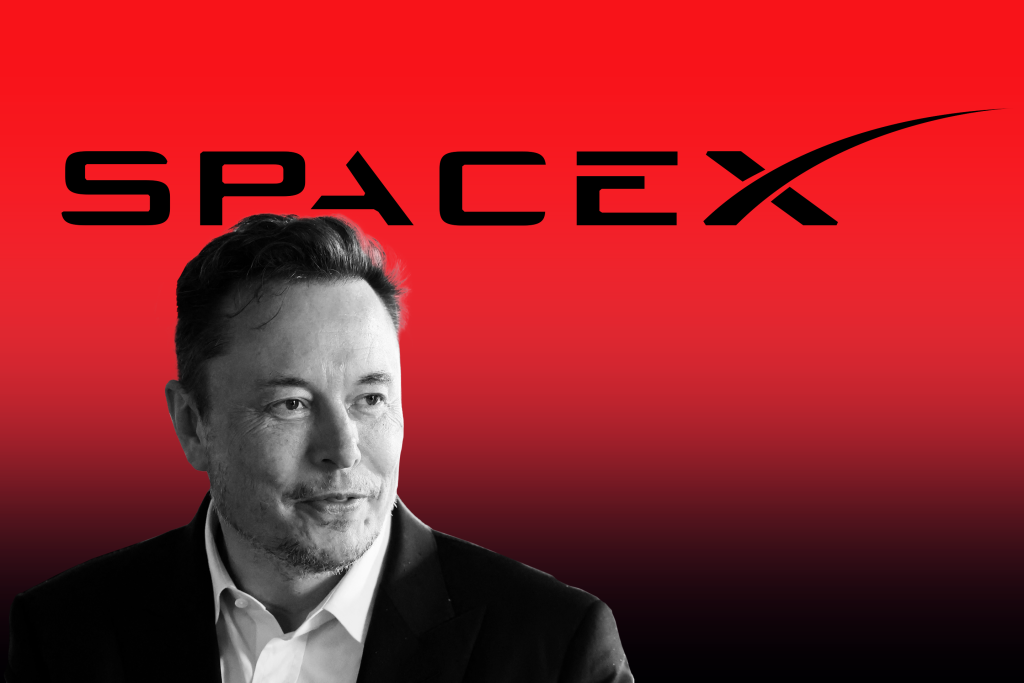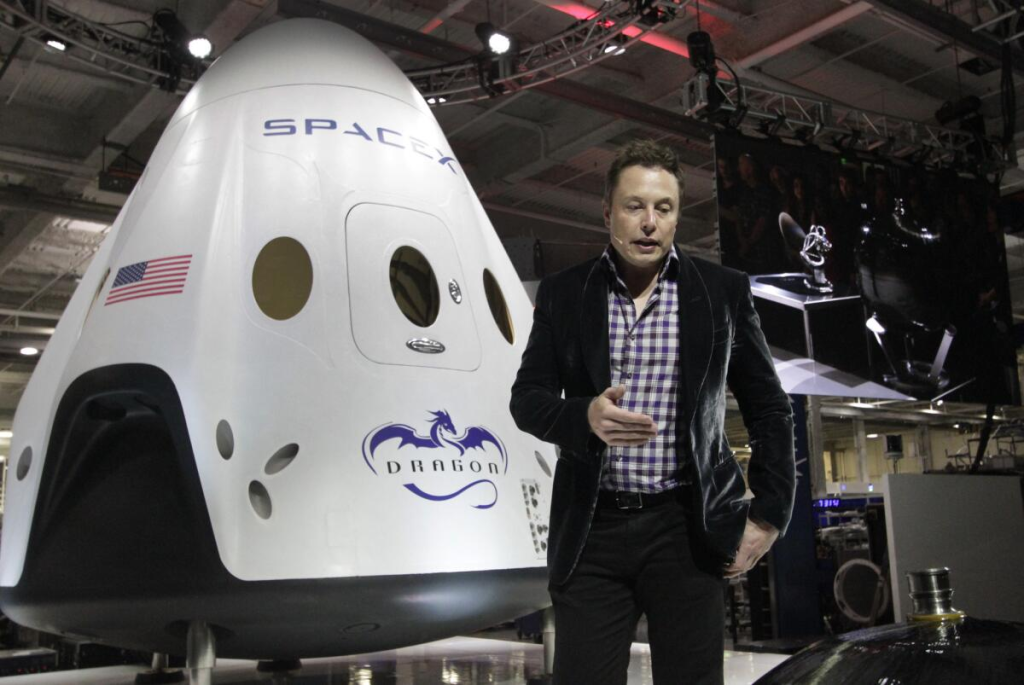
SpaceX has rapidly grown into one of the most valuable private companies in the world, boasting a valuation that surpasses many established aerospace giants. Its technological breakthroughs and successful commercial launches have redefined what private enterprises can achieve in the field of space exploration.Yet, despite the enormous financial success and industry acclaim, Elon Musk, the founder and CEO of SpaceX, consistently emphasizes that monetary gain is not his primary motivator. Instead, Musk’s driving force is an expansive vision that transcends profit margins and shareholder returns.This vision centers on pushing human capabilities to their limits, overcoming existential challenges, and advancing space technology as a means to ensure the long-term survival and flourishing of humanity. This fundamental purpose has attracted talent, investment, and public interest in a way that distinguishes Musk from many typical business leaders and sets SpaceX on a trajectory beyond conventional corporate ambitions.

The company’s achievements have been nothing short of revolutionary. SpaceX has introduced reusable rocket technology, drastically reducing the cost of access to space and fundamentally shifting industry economics. The successful launches and landings of the Falcon 9 rocket have challenged long-standing norms that viewed rocket launches as prohibitively expensive and unsustainable.This innovation has enabled SpaceX to secure lucrative contracts with NASA, the Department of Defense, and commercial satellite operators, solidifying its position as a market leader. These financial successes have translated into staggering valuation increases, propelling SpaceX to a multi-billion dollar status and making Musk one of the wealthiest individuals on the planet.

Yet, Musk’s rhetoric and actions indicate a clear divergence from typical profit-driven corporate goals. In interviews and public statements, he frequently asserts that the ultimate purpose of SpaceX is to facilitate the colonization of Mars and ensure humanity’s survival in the event of catastrophic events on Earth.Musk’s vision includes establishing self-sustaining human settlements on other planets as a way to safeguard the species from extinction. This long-term perspective frames SpaceX not just as a commercial enterprise but as a vehicle for planetary survival and interplanetary civilization.Such an existential mission resonates deeply with engineers, scientists, investors, and the public, cultivating a culture of mission-driven innovation within the company. The ambitious nature of this vision influences SpaceX’s development strategies.Instead of prioritizing short-term profits or incremental improvements, Musk pushes for rapid technological leaps and bold projects that many traditional aerospace companies avoid due to perceived risks or high costs. This mindset has fueled projects like the Starship spacecraft, designed for deep-space travel and capable of carrying large numbers of passengers and cargo.The development process is marked by iterative testing, rapid prototyping, and embracing failure as a learning opportunity—an approach that contrasts with the cautious methodologies favored by many government agencies and legacy aerospace contractors.This emphasis on purpose over profit extends to the company’s investment in human capital.

SpaceX attracts top-tier talent motivated by the company’s mission to push humanity forward. Employees often express a sense of working on something larger than themselves, driven by the potential to change the course of human history.This motivational factor fosters a highly committed and innovative workforce willing to tackle unprecedented technical challenges. Musk’s leadership style reinforces this culture, setting extraordinarily high expectations while fostering a belief that what SpaceX is doing is of profound importance.SpaceX’s progress under Musk’s vision has broader implications for the aerospace industry and the global space economy. By demonstrating that private companies can innovate faster and operate more cost-effectively than traditional government agencies, SpaceX has catalyzed a wave of private-sector space ventures.Competitors and collaborators alike are investing heavily in new technologies inspired by SpaceX’s breakthroughs, accelerating industry growth and expanding the frontier of space exploration.

This shift has also prompted governments worldwide to rethink their roles in space policy and regulation, adapting to a landscape where commercial actors play an increasingly dominant role.However, Musk’s vision and leadership approach have not been without controversy or challenges. The company has faced numerous technical setbacks, regulatory hurdles, and public scrutiny. Critics question the feasibility of colonizing Mars within the timelines Musk suggests and raise concerns about the environmental and ethical implications of such endeavors.Additionally, the intense pressure and ambitious goals sometimes result in workplace strains and management controversies. Yet, Musk’s unwavering commitment to his vision, combined with SpaceX’s tangible successes, has enabled the company to navigate these obstacles and maintain momentum.Financially, the disconnect between Musk’s stated motivations and the company’s market performance creates an intriguing dynamic. Investors and markets value SpaceX highly, driven by expectations of future profitability in satellite internet, space tourism, and government contracts.Yet, Musk consistently signals that profitability is a means to an end rather than an end in itself. This philosophy aligns SpaceX more closely with a research-driven startup or a mission-focused nonprofit rather than a traditional for-profit corporation. This unique positioning challenges conventional investor models and corporate governance structures, requiring a blend of patience, vision, and trust.Musk’s broader vision also integrates with his other ventures and interests. SpaceX complements his work with Tesla, Neuralink, and The Boring Company, all of which share a theme of pushing technological boundaries to improve human life and future prospects.The interconnected nature of these ventures suggests a holistic approach to innovation, blending transportation, energy, artificial intelligence, and space colonization into a unified vision of human advancement.

SpaceX thus serves as the cosmic frontier of Musk’s broader mission to secure humanity’s future through transformative technology.The public perception of SpaceX is deeply influenced by Musk’s charismatic and sometimes controversial persona. His ability to communicate bold ideas, embrace risks publicly, and inspire enthusiasm has garnered widespread attention. Social media platforms amplify his announcements and progress updates, creating a direct channel between the company and its supporters.This engagement cultivates a strong brand identity for SpaceX as not just a company but a symbol of human aspiration and innovation. Musk’s vision, communicated compellingly, plays a vital role in sustaining public and investor interest, fueling the company’s sustained growth.In conclusion, SpaceX exemplifies how a powerful vision can drive a company’s development beyond conventional financial objectives. Elon Musk’s emphasis on advancing human capability and solving existential challenges sets SpaceX apart from typical businesses focused primarily on profit.This mission-centric approach has yielded groundbreaking technological achievements, attracted dedicated talent, and reshaped the aerospace industry. While financial success is undeniable, it remains secondary to the overarching purpose that motivates SpaceX.Musk’s leadership underscores the potential of visionary goals to inspire innovation and progress that reach far beyond the bottom line, heralding a new era in humanity’s exploration and survival.RELATED ARTICLESX Under Fire: Elon Musk’s Platform Accused of Accepting Money from T-rrorist Groups Including Hezbollah, Hamas, and HouthisElon Musk’s Ruthless Three-Word Response to Sam Altman’s Public Peace Plea Shocks the AI Industry


